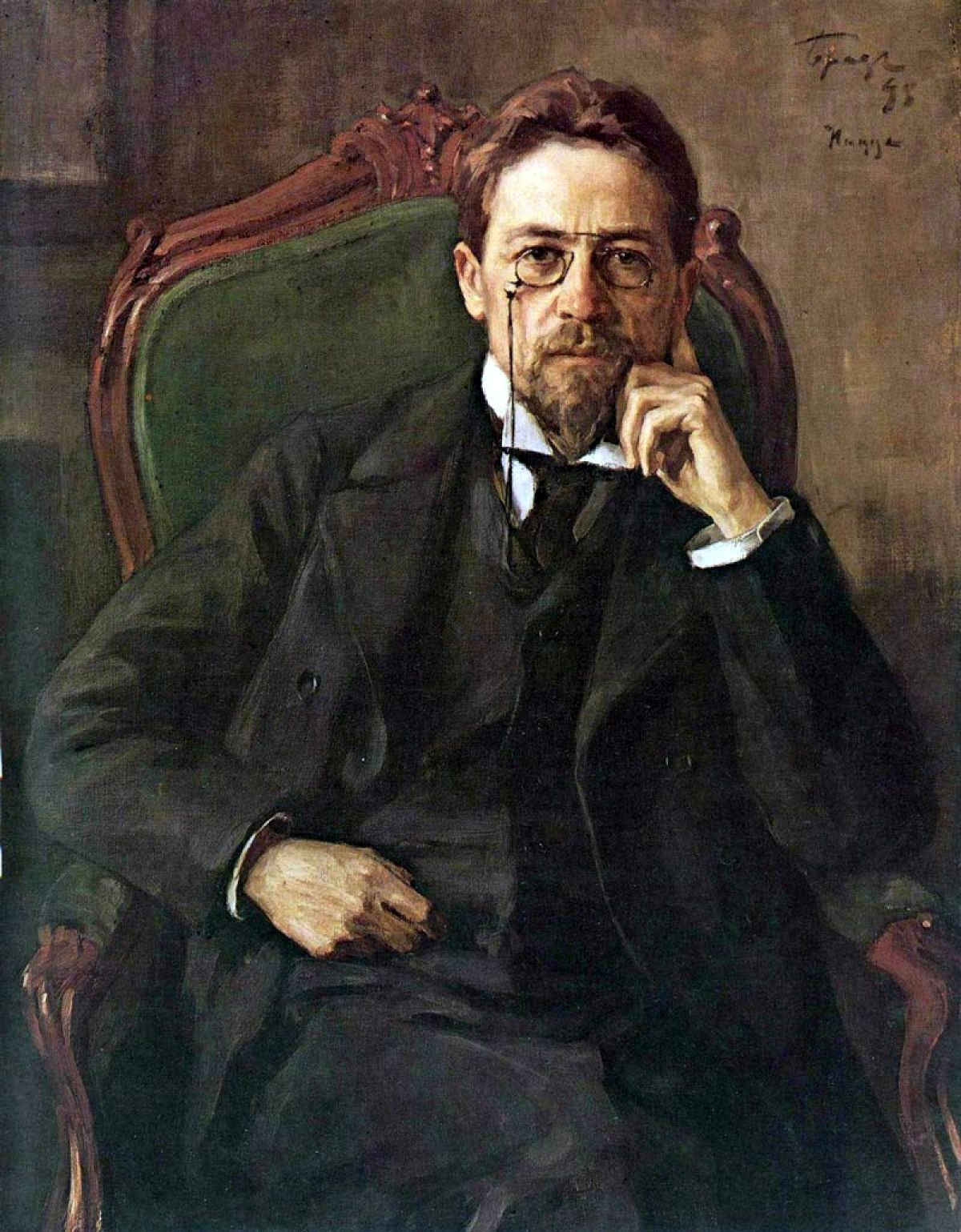|
De Gustibus Non Est Disputandum
''De gustibus non est disputandum'', or ''de gustibus non disputandum est'', is a Latin maxim meaning "In matters of taste, there can be no disputes" (literally "about tastes, it is not to be disputed"). The phrase is commonly rendered in English as "There is no accounting for tastes" or "for taste". Origin One known use of the phrase is in a legal text of 1628: ''Repetitio legis Imperialem de prohibita feudi alienat. per Fridericum: cum summariis & indice locupletissimo'', by Horatius Montanus (Naples, Secondino Roncagliolo, 1628). The author gives the example of a vassal's duty to his lord, and considers whether the vassal discharges his duty if he disobeys his lord's instructions (to purchase a particular house), but instead buys another house of much greater value for the same price. He concludes that you cannot legally argue whether the vassal has discharged his duty until you know the Lord's attitude to the decision—because no legal argument can be made about what people ... [...More Info...] [...Related Items...] OR: [Wikipedia] [Google] [Baidu] |
Latin
Latin ( or ) is a classical language belonging to the Italic languages, Italic branch of the Indo-European languages. Latin was originally spoken by the Latins (Italic tribe), Latins in Latium (now known as Lazio), the lower Tiber area around Rome, Italy. Through the expansion of the Roman Republic, it became the dominant language in the Italian Peninsula and subsequently throughout the Roman Empire. It has greatly influenced many languages, Latin influence in English, including English, having contributed List of Latin words with English derivatives, many words to the English lexicon, particularly after the Christianity in Anglo-Saxon England, Christianization of the Anglo-Saxons and the Norman Conquest. Latin Root (linguistics), roots appear frequently in the technical vocabulary used by fields such as theology, List of Latin and Greek words commonly used in systematic names, the sciences, List of medical roots, suffixes and prefixes, medicine, and List of Latin legal terms ... [...More Info...] [...Related Items...] OR: [Wikipedia] [Google] [Baidu] |
Maxim (saying)
Maxim or Maksim may refer to: Entertainment * ''Maxim'' (magazine), an international men's magazine ** ''Maxim'' (Australia), the Australian edition ** ''Maxim'' (India), the Indian edition * Maxim Radio, ''Maxim'' magazine's radio channel on Sirius Satellite Radio *''Maxim'', a fictional ship in the manga and anime series ''One Piece'' *Maxim, the hero of the video game '' Lufia II: Rise of the Sinistrals'' and its remake, '' Lufia: Curse of the Sinistrals'' Literature and language *A species of adage, aphorism, or saying that expresses a general moral rule, especially a philosophical maxim * ''Maxims'' (Old English poems), examples of gnomic poetry *'' Maximes'' (1665–78) of François de La Rochefoucauld (1613–80) Organizations * Mary Maxim, craft and needlework mail-order company in Canada *Maxim Brewery, brewing company in England * Maxim's Catering, chain of caterers, restaurants, and fast food shops in Hong Kong * Maxim Healthcare Services, medical staffing and home ... [...More Info...] [...Related Items...] OR: [Wikipedia] [Google] [Baidu] |
Merriam-Webster Online Dictionary
Merriam-Webster, Incorporated is an American company that publishes reference books and is mostly known for its dictionaries. It is the oldest dictionary publisher in the United States. In 1831, George and Charles Merriam founded the company as G & C Merriam Co. in Springfield, Massachusetts. In 1843, after Noah Webster died, the company bought the rights to '' An American Dictionary of the English Language'' from Webster's estate. All Merriam-Webster dictionaries trace their lineage to this source. In 1964, Encyclopædia Britannica, Inc., acquired Merriam-Webster, Inc., as a subsidiary. The company adopted its current name, Merriam-Webster, Incorporated, in 1982. History 19th century In 1806, Webster published his first dictionary, ''A Compendious Dictionary of the English Language''. The following year, in 1807, Webster began two consecutive decades of intensive work to expand his publication into a fully comprehensive dictionary, ''An American Dictionary of the Engl ... [...More Info...] [...Related Items...] OR: [Wikipedia] [Google] [Baidu] |
Little, Brown
Little, Brown and Company is an American publishing company founded in 1837 by Charles Coffin Little and James Brown in Boston. For close to two centuries, it has published fiction and nonfiction by American authors. Early lists featured Emily Dickinson's poetry and '' Bartlett's Familiar Quotations''. Since 2006, Little, Brown and Company is a division of the Hachette Book Group. History 19th century Little, Brown and Company had its roots in the book selling trade. It was founded in 1837 in Boston by Charles Little and James Brown. They formed the partnership "for the purpose of Publishing, Importing, and Selling Books". It can trace its roots before that to 1784 to a bookshop owned by Ebenezer Battelle on Marlborough Street. They published works of Benjamin Franklin and George Washington, and specialized in legal publishing and importing titles. The company was the most extensive law publisher in the United States, and also the largest importer of standard English law an ... [...More Info...] [...Related Items...] OR: [Wikipedia] [Google] [Baidu] |
Naples
Naples ( ; ; ) is the Regions of Italy, regional capital of Campania and the third-largest city of Italy, after Rome and Milan, with a population of 908,082 within the city's administrative limits as of 2025, while its Metropolitan City of Naples, province-level municipality is the third most populous Metropolitan cities of Italy, metropolitan city in Italy with a population of 2,958,410 residents, and the List of urban areas in the European Union, eighth most populous in the European Union. Naples metropolitan area, Its metropolitan area stretches beyond the boundaries of the city wall for approximately . Naples also plays a key role in international diplomacy, since it is home to NATO's Allied Joint Force Command Naples and the Parliamentary Assembly of the Mediterranean. Founded by Greeks in the 1st millennium BC, first millennium BC, Naples is one of the oldest continuously inhabited urban areas in the world. In the eighth century BC, a colony known as Parthenope () was e ... [...More Info...] [...Related Items...] OR: [Wikipedia] [Google] [Baidu] |
Anton Chekhov
Anton Pavlovich Chekhov (; ; 29 January 1860 – 15 July 1904) was a Russian playwright and short-story writer, widely considered to be one of the greatest writers of all time. His career as a playwright produced four classics, and his best short stories are held in high esteem by writers and critics. Along with Henrik Ibsen and August Strindberg, Chekhov is often referred to as one of the three seminal figures in the birth of early modernism in the theatre. Chekhov was a physician by profession. "Medicine is my lawful wife," he once said, "and literature is my mistress." Chekhov renounced the theatre after the reception of ''The Seagull'' in 1896, but the play was revived to acclaim in 1898 by Konstantin Stanislavski's Moscow Art Theatre, which subsequently also produced Chekhov's ''Uncle Vanya'' and premiered his last two plays, ''Three Sisters (play), Three Sisters'' and ''The Cherry Orchard''. These four works present a challenge to the acting ensemble as well as to a ... [...More Info...] [...Related Items...] OR: [Wikipedia] [Google] [Baidu] |
The Seagull
''The Seagull'' () is a play by Russian dramatist Anton Chekhov, written in 1895 in literature, 1895 and first produced in 1896 in literature#Drama, 1896. ''The Seagull'' is generally considered to be the first of his four major plays. It dramatizes the romantic and artistic conflicts between four characters: the famous middlebrow story writer Boris Trigorin, the ingenue Nina, the fading actress Irina Arkadina, and her son the Russian symbolism, symbolist playwright Konstantin Treplev. Like Chekhov's other full-length plays, ''The Seagull'' relies upon an ensemble cast of diverse, fully-developed characters. In contrast to the melodrama of mainstream Nineteenth-century theatre, 19th-century theatre, lurid actions (such as Konstantin's suicide attempts) are not shown onstage. Characters tend to speak in subtext rather than directly. The character Trigorin is considered one of Chekhov's greatest male roles. The opening night of the first production was a famous failure. Vera Komiss ... [...More Info...] [...Related Items...] OR: [Wikipedia] [Google] [Baidu] |
De Mortuis Nil Nisi Bonum
The Latin phrase , "Of the dead nothing but good is to be said." — abbreviated — is a mortuary aphorism indicating that it is socially inappropriate for the living to speak ill of the dead who cannot defend or justify themselves. The full Latin sentence is usually abbreviated into the phrase , "Of the dead, [say] nothing but good."; whereas free translations from the Latin function as the English aphorisms: "Speak no ill of the dead," "Of the dead, speak no evil," and "Do not speak ill of the dead." Attributed to Chilon of Sparta, who was one of the Seven Sages of Greece, the aphoristic recommendation about not speaking ill of the dead was first recorded in Classical Greek, as: ("Of the dead do not speak ill."), in chapter 70 of Book 1 of ''Lives and Opinions of Eminent Philosophers'', by Diogenes Laërtius, in the 4th century AD. The Latin version of the Greek mortuary phrase dates from the translation of the book by Diogenes Laërtius, by the humanist monk Ambrogio Tr ... [...More Info...] [...Related Items...] OR: [Wikipedia] [Google] [Baidu] |
List Of Latin Phrases
This is a list of Wikipedia articles of Latin phrases and their translation into English. To view all phrases on a single, lengthy document, see: List of Latin phrases (full). Lists of pages * List of Latin phrases (A) * List of Latin phrases (B) * List of Latin phrases (C) * List of Latin phrases (D) * List of Latin phrases (E) * List of Latin phrases (F) * List of Latin phrases (G) * List of Latin phrases (H) * List of Latin phrases (I) * List of Latin phrases (L) * List of Latin phrases (M) * List of Latin phrases (N) * List of Latin phrases (O) * List of Latin phrases (P) * List of Latin phrases (Q) * List of Latin phrases (R) * List of Latin phrases (S) * List of Latin phrases (T) * List of Latin phrases (U) * List of Latin phrases (V) See also * Latin influence in English * Latinism Lists * List of abbreviations used in medical prescriptions * List of ecclesiastical abbreviations * List of Germanic and Latinate equivalents in English * List of Greek phrases * List of ... [...More Info...] [...Related Items...] OR: [Wikipedia] [Google] [Baidu] |
Latin Words And Phrases
Latin ( or ) is a classical language belonging to the Italic branch of the Indo-European languages. Latin was originally spoken by the Latins in Latium (now known as Lazio), the lower Tiber area around Rome, Italy. Through the expansion of the Roman Republic, it became the dominant language in the Italian Peninsula and subsequently throughout the Roman Empire. It has greatly influenced many languages, including English, having contributed many words to the English lexicon, particularly after the Christianization of the Anglo-Saxons and the Norman Conquest. Latin roots appear frequently in the technical vocabulary used by fields such as theology, the sciences, medicine, and law. By the late Roman Republic, Old Latin had evolved into standardized Classical Latin. Vulgar Latin refers to the less prestigious colloquial registers, attested in inscriptions and some literary works such as those of the comic playwrights Plautus and Terence and the author Petronius. While ... [...More Info...] [...Related Items...] OR: [Wikipedia] [Google] [Baidu] |






